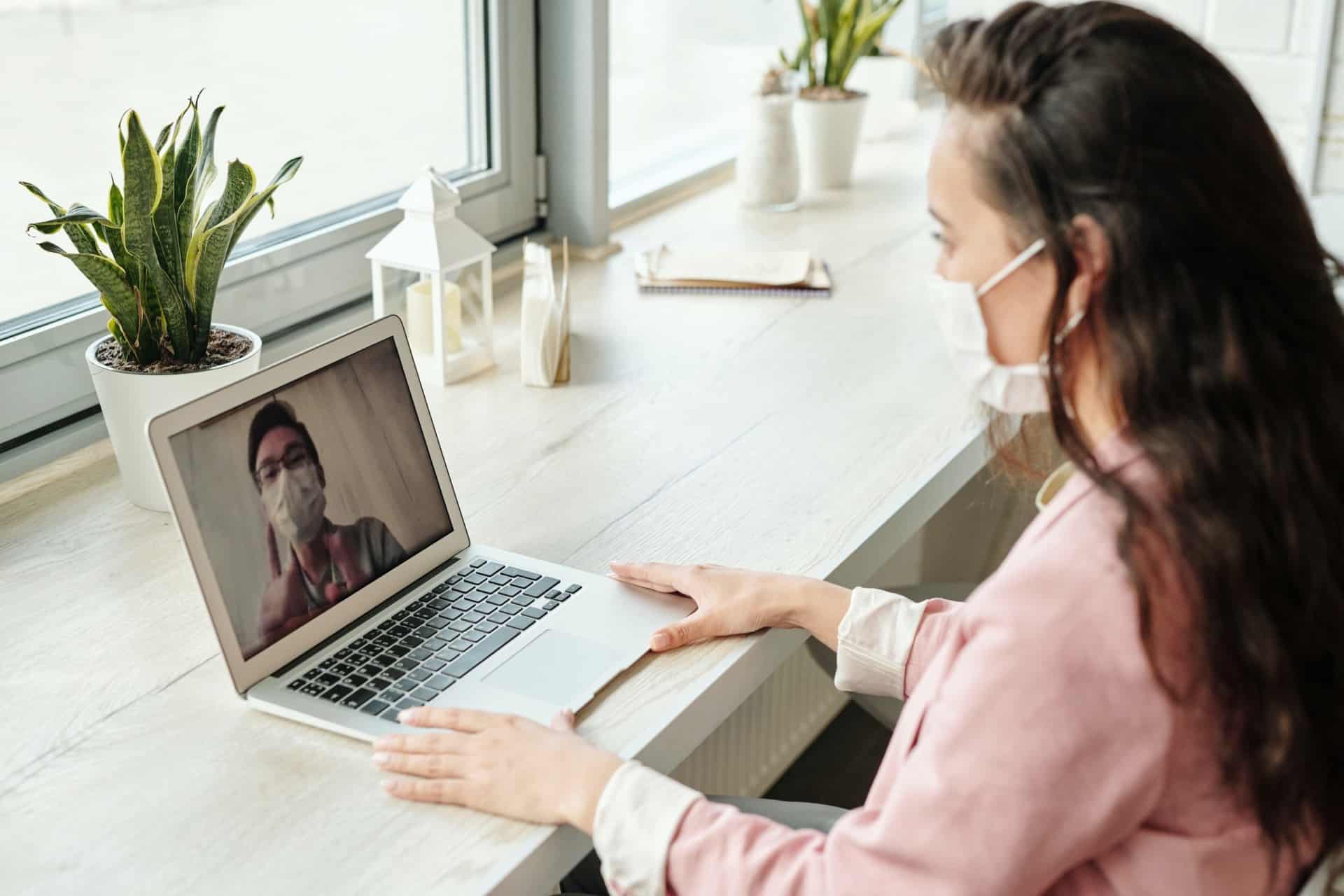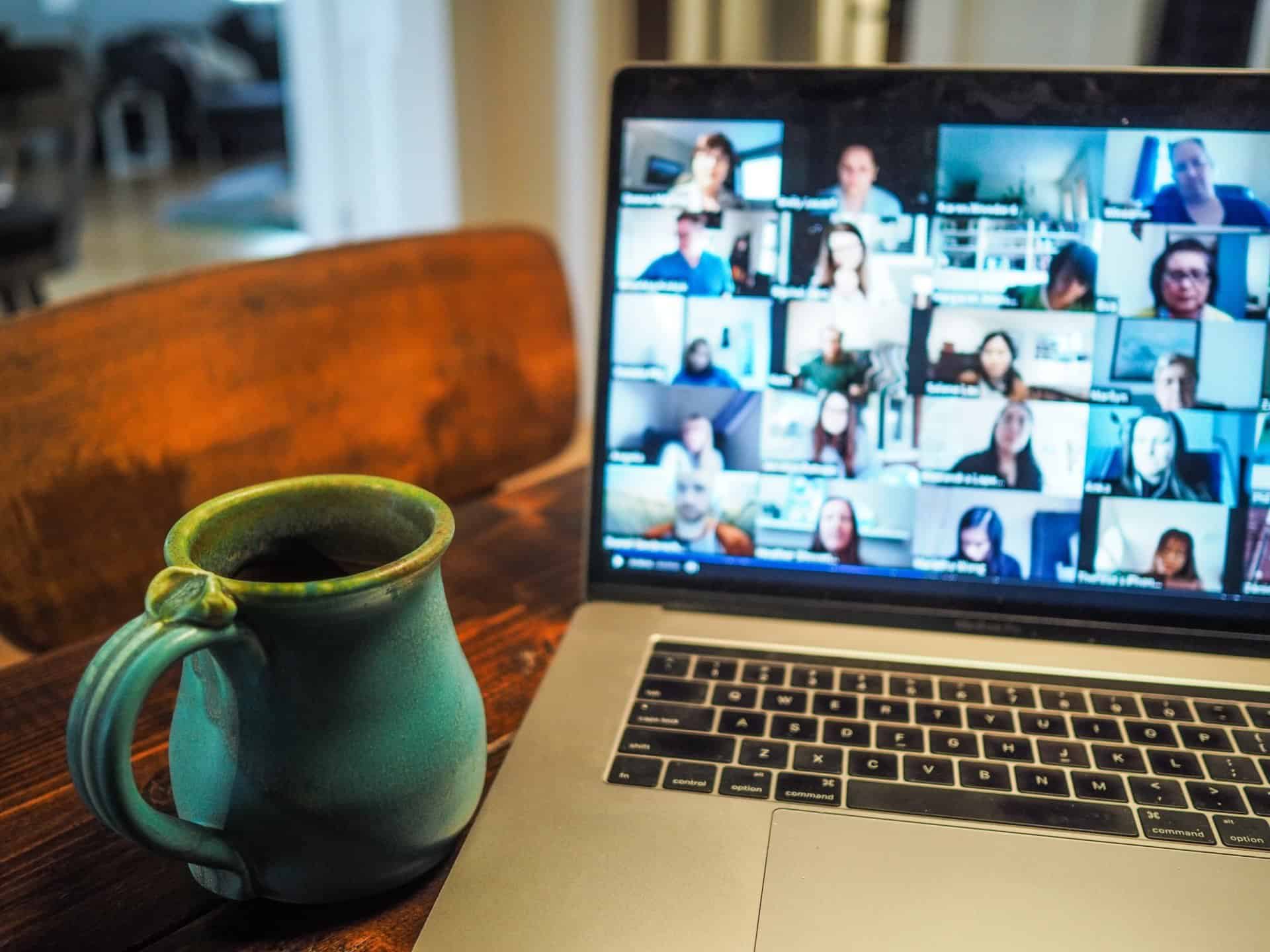Zoom has evidently taken over the world during the pandemic. A lot of our clients here at Key West Video have turned to Zoom for recording virtual events, memorials, and addresses to camera. Recording on Zoom has proven to be a great and cost-effective way to get video content from stakeholders overseas or remote team members. We decided we’d set you up with some great tips to get the most out of your Zoom recording.
Framing
Framing is important for video production even if we’re not using Zoom. The ideal set up for your laptop or computer is that it’s elevated with eye level so that the recording isn’t caught looking up your nose. Try to avoid distracting backgrounds and ensure your surroundings are neat. A plain background always looks great, and if you’re looking to have fun with your recording, you can use Zoom’s green screen capability to add a fun background instead. Make sure you’re framing leaves a little bit of room at the top of your head but not so much that we miss seeing your face. A great rule to consider when dealing with framing is the rule of thirds. The rule of thirds divides a frame into 9 equal sections, and the goal is to ensure that we don’t align the subject right in the middle. These rules can be broken in some cases, but it’s always best to stick to this framework for optimal results.
Lighting
Lighting is important when trying to get the best quality video over zoom. Aiming for a soft, diffused light from a large light source is a great option for soft, even lighting. Having good light will prevent your image from looking really grainy and can really up the production value (even if it’s over zoom); if you’re looking to up production value even more, look into three-point lighting. Three-point lighting is composed of, well, three lights! A key light, a fill light, and a backlight. The key light is the main light and used to light the subject. The fill light is used to remove any shadows cast by the key light and is typically softer. Finally, the backlight is used to separate the subject from the background.
Sound
Audio is essential when recording on zoom, so make sure you’re close enough to the mic that people can hear you. If you can, try to adjust your audio settings within zoom so your input levels allow clearer audio. If it’s within your budget, try investing in an external mic so it can improve your sound quality. If you plan on editing your zoom video in premiere or another editing software, record your audio tracks separately. You can do this by going into the zoom’s record settings and checking off the box that allows for a separate audio file. If you’re working with additional broll or other footage, having a separate audio track will make the editing process easier.

A great way to make your zoom video or presentation engaging is by having supplementary materials. If you have a deck, video, or any other interactive element, it will create a more engaging video as a whole. You can find tips on making an engaging deck here. The best part about recording videos on Zoom is the ability to make the video as simple or elaborate as you want. There’s also a ton of features on Zoom that you probably didn’t know about! Have you recorded a Zoom video during the pandemic? How did it go? Let us know in the comments!










